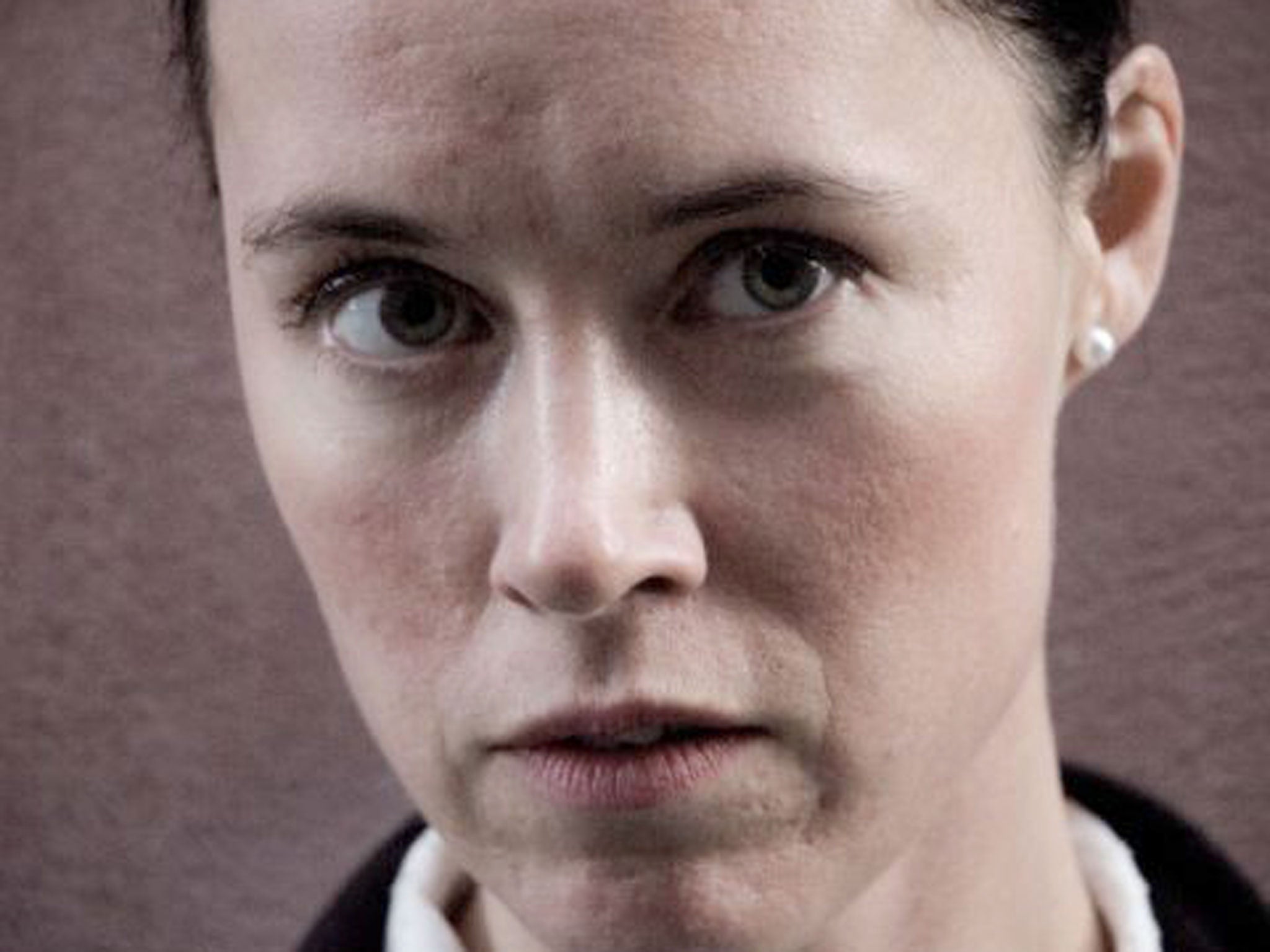The Helios Disaster by Linda Boström Knausgaard; trans. Rachel Willson-Broyles, book review
Linda Boström Knausgaard's novella explores a tormented inner life

Near the beginning of Linda Boström Knausgaard's sharply poetic novella, a character visits a bookshop in an unnamed Swedish town: "I'll take one by our own," she says. "He's just had a new one come out." Is this "he" Boström Knausgaard's husband, Karl Ove Knausgaard, author of the phenomenal My Struggle series? Perhaps Boström Knausgaard is getting baggage out of the way early, as if to say: "Yes, I'm married to a man who's achieved worldwide acclaim by describing the details of our lives, but I was a writer before we met and I always will be, so concentrate on the story." That's understandable and desirable because The Helios Disaster is interesting.
It's the tale of Anna Bergström, the name given to the 12-year-old narrator by social services. Like the Greek goddess Athena, Anna was born out of her father's head but became estranged from him soon afterwards. The book explores religion, madness, time, language, and is translated from the Swedish, with nerves of steel, by Rachel Willson-Broyles.
The emotional intensity created by Boström Knausgaard – who has previously published stories and a collection of poems – recalls Sylvia Plath, but her spare, accelerating modern myth owes something to the poet/classicist Anne Carson's novels in verse. Anna's adoptive family are kind, albeit strange. She adapts to their churchgoing ways and observes them with understated amusement: "'We're going to make Indonesian curry,' Birgitta said seriously…" She's fond of her brothers and admits: "I really wanted to be like a daughter in this house, even if everyone knew I wasn't."
However, Anna longs for her father, and a letter from him provokes this response: "'Dad,' I said aloud in the room. 'Dad. Dad'… The word 'Dad' belonged to my father and me. Was it closer? I asked myself through the tears. Dad. It was like standing next to him, close, close. Dad was like a calmness, like a familiar light, like warmth, like an intimate glance."
Some readers will be put off by the combination of lyricism and distress but I love the way Boström Knausgaard invests "Dad" – one of the key words of our lives – with fresh power. In Anna's mouth, this simple, multitudinous word reminds me of Flaubert: "Human speech is like a cracked kettle on which we tap crude rhythms for bears to dance to, while we long to make music that will melt the stars." Boström Knausgaard's repetitions ("Kill me. Kill me.") drive the rhythm of her short, stanza-like paragraphs but occasionally veer into cheap effect. There are unconvincing similes, concerning the smell of "warm paper" and "old snow", and spots of imprecision.
In the story's second half, after Anna is forced to speak in tongues in church ("Words… biting one another and pushing away"), she suffers a breakdown and is admitted to hospital. She vows "to cut the thread of time forever" but even here there's levity, as she adds: "But first I had to shower."
Nevertheless, the violence – of language, blood, mania – assaults the reader as Anna plumbs the depths of a condition which sounds similar to bipolar disorder. This novella cannot be read quickly, its psychological range and febrile prose demand attentiveness. It takes skill and imagination to describe extreme emotions in ways to which everybody can relate but that's what Boström Knausgaard achieves in this short, piercing book.
Join our commenting forum
Join thought-provoking conversations, follow other Independent readers and see their replies
Comments
Bookmark popover
Removed from bookmarks